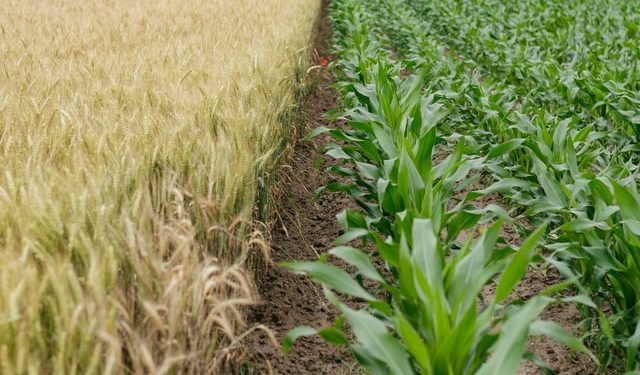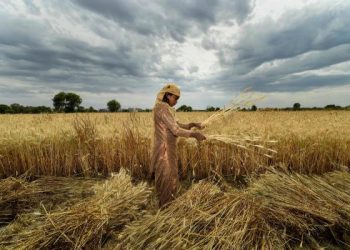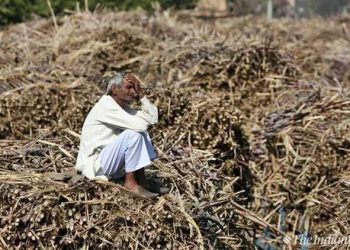THD HelpDesk, New Delhi: The Commission for Agricultural Costs and Prices (CACP) is in charge of recommending minimum support price (MSP) for 22 crops. It had suggested a review of the open-ended procurement of wheat and rice in July. This initiative was meant to motivate farmers to grow more cereals like oilseeds, pulses, and nutria-cereal.
However, the government has been very persistent and declared that there would be absolutely no changes to the declared MSP. The Parliament assured the pronouncement of strengthening the procurement in all the states.
Currently, the government has not set any limitations to wheat and rice procurement within a specified period. But it does procure three-fourth of the marketable wheat in Haryana, Punjab, and Madhya Pradesh, driving the private players out of the market.
High procurement of wheat and rice in some states, however, have reduced the much-needed crop diversification.
The Commission said,
“For example, oilseeds and maize have great potential to replace rice-wheat cropping system in Punjab and Haryana but farmers do not get assured remunerative prices for these crops. Since there is no assured procurement of these crops and generally, market prices remain well below the MSP, farmers have no incentive to switch to these crops.”
It also added,
“The commission also recommends that open-ended procurement policy for rice and wheat should be reviewed and farmers should be incentivised to shift to oilseeds, pulses and nutri-cereals through effective procurement policy for these crops under PM-AASHA.”
It said, excessive procurement has made the private trade very dull in some states, and hence a significant policy change in pricing is much needed.
The report stated,
“Farmers can make choices about use of different nutrients based on soil nutrient status. This would allow industry to introduce more efficient products such as water-soluble fertilisers, slow-release fertilisers and customised fertilisers, which will not only improve crop productivity but also check soil degradation.”
Two of the highlights of the Commission which were emphasized are:
- The need to continue subsidizing fertilizers.
- Direct benefit transfer of Rs 5000 per year as subsidy in two equal installments to farmers — each at the beginning of Kharif and Rabi season.











